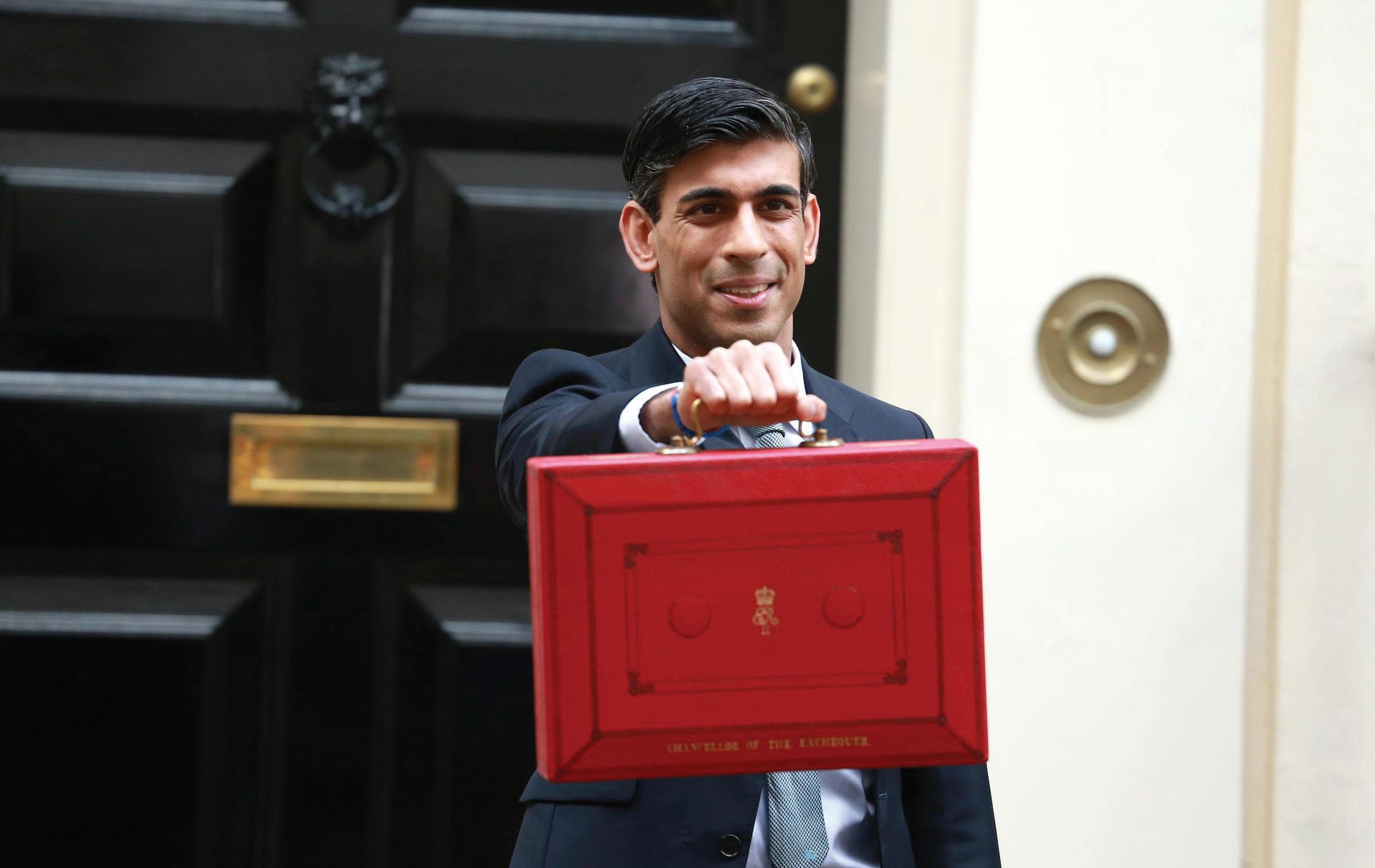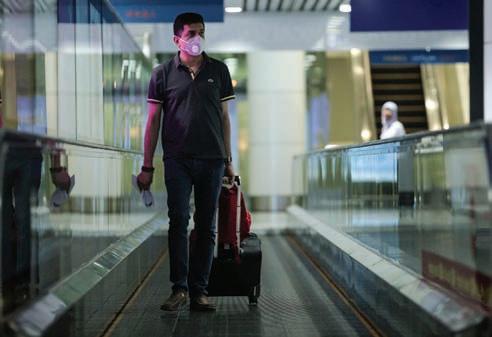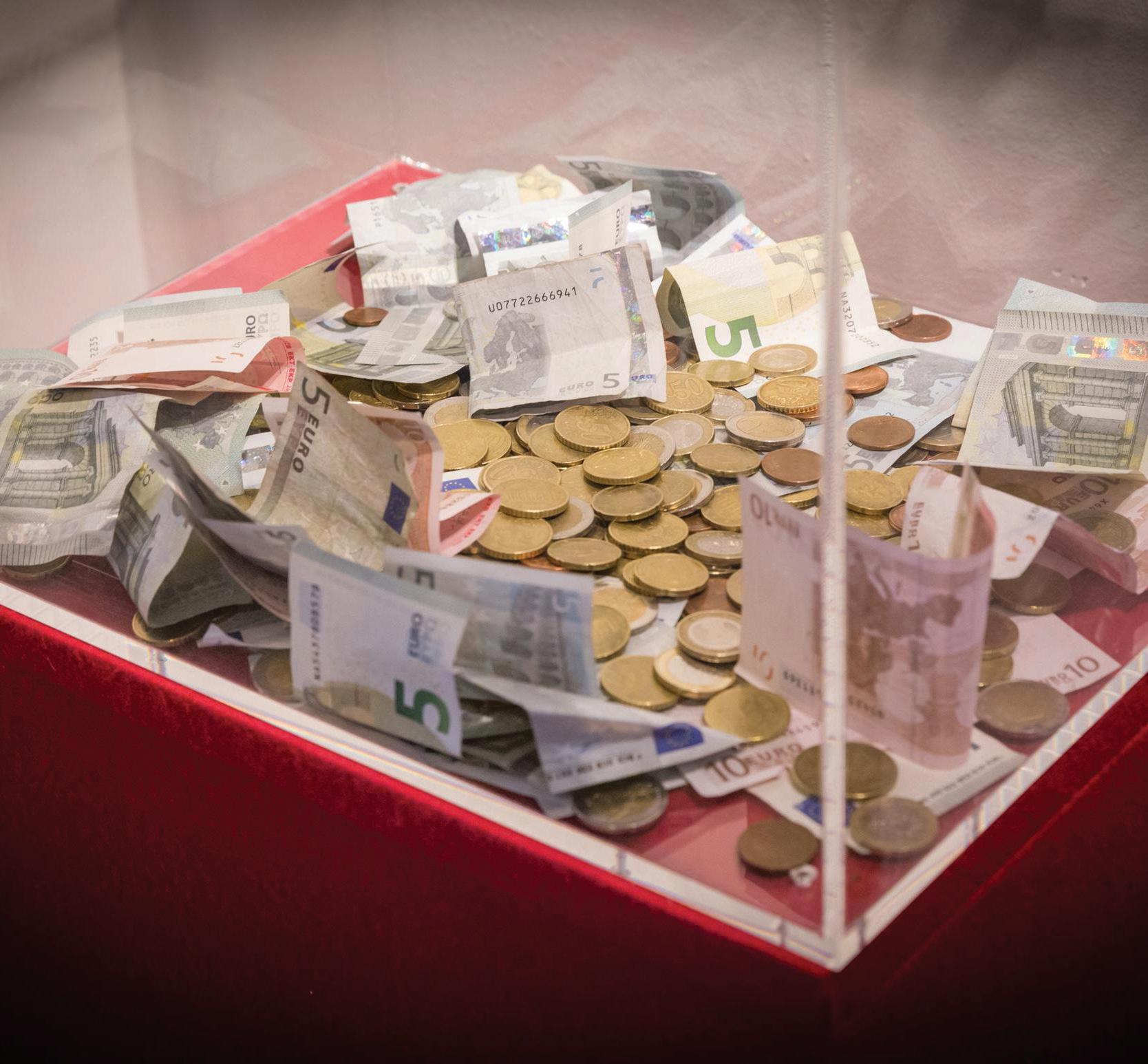
3 minute read
Adapt and overcome
How are different countries supporting the tourism and attractions sectors through coronavirus?
■ The global pandemic has had a huge impact on global tourism
With turbulent times ahead for the global tourism and visitor attractions sectors, governments around the world are implementing new emergency policies to support these crucial sectors. The global travel and tourism sector grew by 3.9 per cent in 2018 to contribute a record US$8.8tn to the global market, supporting 19 million jobs worldwide and generating 10.4 per cent of the world’s total economic activity.
Great Britain Chancellor Rishi Sunak has set out a package of temporary, timely and targeted measures to support public services, people and businesses, currently amounting to £330bn.
Measures include a 12-month business rates holiday for all retail, hospitality and leisure businesses in England; a grant funding of £25,000 for retail, hospitality and leisure businesses with property with a rateable value between £15,000 and £51,000; small business grant funding of £10,000 for all business in receipt of small business rate relief or rural rate relief.
The Coronavirus Business Interruption Loan Scheme has also been launched, with loans of up to £5m available for SMEs through the British Business Bank.
■ In the UK, chancellor Rishi Sunak has introduced unprecedented measures to protect the British economy

United States The US is planning a US$1tn (€926bn, £851bn) financial package, which will "send money directly to Americans" as part of a stimulus attempting to avert an economic crisis caused by COVID-19. As part of this package, airlines and hotels will receive a bailout. The proposal is yet to be approved by Congress. Separate to this package, US Treasury secretary Steven Mnuchin has said the government will also allow companies and individuals to delay their tax payments for 90 days.
Italy The Italian government has presented its "Italy Cure" package, which puts the safety and wellbeing of its workers at its core.
The government is paying 80 per cent of its employees' salaries across every sector, with self-employed or seasonal workers able to apply for a special pay-out of €600 in March. Families can also suspend their mortgage payments, while parental leave has been extended. A €500m fund has also been set up to help protect the aviation industry.
Germany Germany's government has pledged unlimited financial assistance to German businesses. The government has predicted this will costs around €550bn from the nation's development bank.
Australia As part of an AUS$17.6bn (US$10.3bn, €9.4bn, £8.7bn) stimulus plan, with an additional AUS$64.6bn (US$22.7bn, €20.8bn, £19.2bn) to be spent over the next six months, the government has pledged AUS$1bn (US$613m, €562.7m, £520m) to support those sectors, regions and communities, including tourism, that have been affected by the virus. As part of this stimulus plan, fees and charges for tourism businesses that operate in the Great Barrier Reef Marine Park and Commonwealth National Parks will be waivered. These measures will support more than 3.5 million businesses and an estimated 3 in every 4 workers nationwide.
France The French government has established a €2bn (US$2.2bn, £1.85bn) Solidarity Fund, which many tourism and attractions businesses are eligible for. Non-food trade and tourism SMEs that have lost turnover by more than 70 per cent compared to March 2019 and SMEs with a turnover of less than €1m (US$1.1m, £924,000) can apply for the fund.
A wider €45bn (US$49bn, £41.6bn) package includes supplementary funding funding of short-time working/ partial unemployment measures equal to 70 per cent of gross salary.
Spain The Spanish government is supporting tourism companies with a financing line of €400m (US$432m, £367.8m) with guarantee from the ICO (Official Credit Institute of Spain), for self-employed and tourism companies. The financing – which has a maximum credit limit of €500,000 (US$540,000) per company – includes transport companies, taxis, hotels, restaurants, car rentals, travel agencies and museums.
The government has also launched a €200bn (US$215.6bn, £183.9bn) package to help companies, workers and other vulnerable groups affected by the crisis.l





